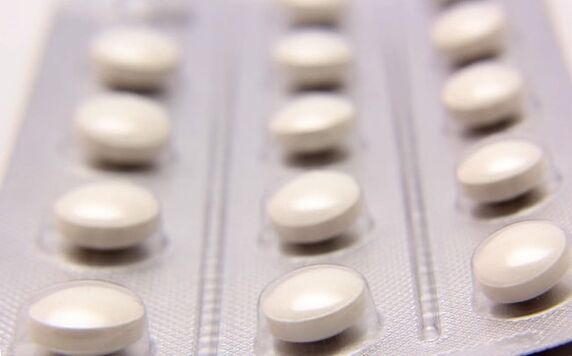
In life, there are often situations where we have to take antibiotics and at the same time be invited to some kind of party. Therefore, the question of whether it is possible to drink alcohol while taking antibiotics is especially acute in these cases. Below we will provide complete information on this matter.
Antibacterial treatment is prescribed in many cases of bacterial infections and, less frequently, in fungal infections. It is important to remember that the course of antibiotic treatment must never be interrupted. Its duration may differ depending on the type of illness and its severity (from 3 to 7 days or more). The idea that it is necessary to "abandon" the festive life and not accept invitations to any meal frightens many. But in practice, not everything is so scary.
If you approach this problem competently, from a medical point of view, you can attend parties with relatives and be treated with antibiotics.
The golden rule: always drink in moderation.
Under certain conditions, described below, you can, of course, combine alcohol with antibiotics. But when prescribing antibiotics, you need to be careful not to overload your body with too much alcohol. In any case, ethanol enters you and all your defenses will be launched in the fight against it. And in the case of, for example, a persistent illness, these forces may be the last. Immunity will be further weakened and recovery will be postponed to the limitless future. And in some cases describedbelow, even death is possible.
Antibiotic and Alcohol Compatibility Myths
Scary stories that it is categorically impossible to combine antibacterial drugs and alcohol very likely began to spread immediately after World War II. At that time, VD clinics were simply overcrowded with soldiers and officers, who bore all the hardships of military life on their shoulders.
Doctors then categorically prohibited their patients from drinking alcohol during antibiotic therapy, but not because of the harm to health from mixing them, but for a very trivial reason - after drinking a glass, a soldier could "go all out" and get a new genital infection.
According to another version, the ban was born due to the high cost of labor when receiving penicillin, curiously, it was evaporated from the urine of treated soldiers. Therefore, in order to obtain a purely medical medicine, they were prohibited from drinking beer during the entire period of treatment.
Since then, the theory of the dangers of mixing alcohol with antibiotics has become popular with people, and many still believe that they cannot be combined. But what is your opinion on this issue of evidence-based medicine?
research facts
It is known that in the late 20th century and early 21st century, several studies were carried out on the effect of ethanol on various types of antibacterial drugs. The experiments were carried out in laboratory animals and human volunteers. The results clearly showed that most types of antibiotics are not affected by alcohol consumption.
All investigated antibiotics were effective in both the control and experimental groups, no global deviations were found in physicochemical reactions (drug distribution throughout the body, mechanisms of absorption and excretion of decomposition products).
However, it is hypothesized that alcohol increases the negative effects of antibacterial drugs on the liver. But, in the scientific medical literature, cases describing such situations are quite rare (up to 10 cases per 100, 000), and no special studies have been carried out in this area.
There are antibiotics incompatible with alcohol
There are some types of antibacterial medications that interact with alcohol and produce very unpleasant symptoms - called disulfiram-like reactions in medical practice.
This reaction occurs during the chemical interaction of ethanol with some specific antibiotic molecules, due to which there is an alteration in the metabolism of ethyl alcohol in the organism and the accumulation of acetaldehyde occurs.
Signs of acetaldehyde poisoning:
- Vomiting, nausea.
- Splitting headache.
- Cramps in arms and legs.
- Increased heart rate.
- Heavy, intermittent breathing.
- Fever and redness in the chest, face and neck.
In such cases, when taking large doses of alcohol, a fatal result is possible!
All of the above symptoms are very difficult for one person, so a disulfiram-like reaction is used in many medical clinics to treat alcoholism (so-called "coding").
























